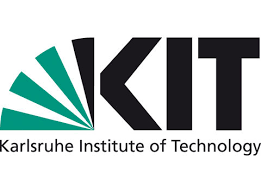Karlsruhe Institute of Technology: EU project pursues new approaches for predicting harmful effects of chemicals
Two-day-old zebrafish embryo in the egg shell (Photo: Giuseppina Pace, KIT)
Even small amounts of chemicals can cause health problems if you are exposed to them for a long time. Protecting people from harmful substances in food, consumer goods or the environment is the goal of the EU project PrecisionTox , endowed with 19.3 million euros , in which the Karlsruhe Institute of Technology (KIT) is also heavily involved. In the future, this will enable harmful substances to be identified faster and more reliably before they reach the market and the environment.
In addition to KIT, 14 other European and US organizations are working on the project under the leadership of the University of Birmingham. The KIT is responsible for the “Comparative Toxicology” work package endowed with one million euros and contributes its years of experience in molecular toxicology, zebrafish research and high-throughput microscopy. “With the help of human cell cultures and zebrafish embryos, we use the latest systems biology approaches to systematically examine hundreds of chemicals for toxic effects,” says work package coordinator Carsten Weiss from the Institute for Biological and Chemical Systems at KIT.
“We create thousands of biological samples that are processed by the project partners in order to measure the change in metabolic products and the activity of thousands of genes after the administration of chemicals.” Show processes and thereby allow predictions about the biological effects of chemicals.

